Home>diy>Building & Construction>What Does A Construction Site Manager Do


Building & Construction
What Does A Construction Site Manager Do
Modified: March 6, 2024
Discover the responsibilities of a construction site manager in the building construction industry. Learn about their role in ensuring project progress, safety, and quality.
(Many of the links in this article redirect to a specific reviewed product. Your purchase of these products through affiliate links helps to generate commission for Storables.com, at no extra cost. Learn more)
Introduction
Welcome to the world of construction site management. If you’ve ever driven by a construction site and wondered about the person in charge, that would be the construction site manager. This critical role is responsible for overseeing every aspect of a construction project, ensuring its successful completion from start to finish.
Construction site managers play a crucial role in the building construction industry. They are the ones who bring together the various teams, materials, and resources necessary for a project to be completed on time and within budget. Their expertise and knowledge of construction processes ensure that projects are executed smoothly and efficiently.
In this article, we will dive into the responsibilities and tasks of a construction site manager. We will explore how they plan and organize projects, manage construction crews, oversee safety and quality control, maintain communication with stakeholders, handle budgets, and solve problems that arise along the way.
So, let’s strap on our hard hats and find out what it truly means to be a construction site manager.
Key Takeaways:
- Construction site managers oversee every aspect of a project, from planning and organizing to managing budgets and solving problems. They ensure smooth and efficient construction processes, delivering high-quality results.
- Effective communication, collaboration, and problem-solving are crucial skills for construction site managers. They play a pivotal role in bringing building construction projects to life, ensuring safety, quality, and success.
Read more: What Does A Construction Manager Do
Responsibilities of a Construction Site Manager
A construction site manager has a wide range of responsibilities that encompass every phase of a construction project. From initial planning to project completion, their role is vital in ensuring the project’s success. Here are some of the key responsibilities of a construction site manager:
- Project Planning and Organization: One of the primary responsibilities of a construction site manager is to plan and organize the construction project. This includes developing a detailed construction schedule, coordinating with subcontractors, and ensuring all necessary permits and licenses are obtained.
- Managing Construction Crews: Construction site managers are responsible for overseeing and supervising the construction crews on site. This involves coordinating their activities, assigning tasks, and ensuring that work is carried out according to the project plans and specifications.
- Overseeing Safety and Quality Control: Safety is a top priority on any construction site, and it is the construction site manager’s responsibility to enforce safety protocols and ensure compliance with regulations. They also play a crucial role in maintaining quality control by conducting regular inspections and ensuring that work meets industry standards.
- Maintaining Communication and Collaboration: Effective communication is key to a successful construction project. Construction site managers are responsible for maintaining open lines of communication with all stakeholders, including clients, architects, engineers, and subcontractors. They serve as the central point of contact and facilitate collaboration between various parties involved in the project.
- Handling Budgets and Ensuring Project Financials: Construction projects have strict budget constraints, and it is the construction site manager’s responsibility to manage the project’s financials. This includes tracking expenses, monitoring costs, and identifying potential cost-saving measures.
- Problem-solving and Troubleshooting: Construction projects often encounter unforeseen challenges and obstacles. Construction site managers are skilled problem solvers, capable of identifying issues and implementing solutions in a timely manner. Their ability to think on their feet and adapt to changing circumstances is crucial for the success of the project.
These are just a few of the many responsibilities that a construction site manager oversees. They are the backbone of any construction project, ensuring that everything runs smoothly and efficiently. Their expertise and attention to detail are vital in delivering a high-quality end result.
Planning and Organizing Construction Projects
One of the primary responsibilities of a construction site manager is to plan and organize construction projects. This involves a meticulous process that ensures all aspects of the project are carefully considered and coordinated. Here are some key elements of planning and organizing construction projects:
- Developing the Construction Schedule: The construction site manager is responsible for creating a detailed construction schedule. This involves breaking down the project into smaller tasks and establishing deadlines for each phase. The schedule serves as a roadmap, guiding the construction crew and ensuring that the project stays on track.
- Coordinating with Subcontractors: Construction projects often involve multiple subcontractors, such as electricians, plumbers, and carpenters. The construction site manager plays a crucial role in coordinating and scheduling these subcontractors, ensuring that their work aligns with the overall project timeline.
- Obtaining Permits and Licenses: Before construction can begin, various permits and licenses need to be obtained. It is the responsibility of the construction site manager to ensure that all necessary permits are acquired and that the project complies with local building codes and regulations.
- Sourcing and Managing Materials: Another important aspect of planning and organizing construction projects is sourcing and managing materials. The construction site manager is responsible for identifying the required materials, obtaining competitive bids from suppliers, and overseeing the delivery and storage of materials on site.
- Collaborating with Architects and Engineers: Construction site managers work closely with architects and engineers to ensure that the project plans and specifications are implemented correctly. They provide valuable input and feedback throughout the design and construction process, ensuring that the project meets and exceeds the client’s expectations.
- Risk Assessment and Mitigation: Construction projects often involve inherent risks, such as adverse weather conditions or potential safety hazards. The construction site manager conducts a thorough risk assessment and develops strategies to mitigate these risks. They implement safety protocols, monitor potential hazards, and address any issues that may arise.
Effective planning and organization are essential for the success of construction projects. The construction site manager’s ability to create a well-thought-out plan, coordinate various stakeholders, and manage resources plays a crucial role in delivering projects on time and within budget. Their attention to detail and proactive approach ensure that construction projects progress smoothly from start to finish.
Managing and Supervising Construction Crews
Managing and supervising construction crews is a critical responsibility of a construction site manager. The success of a construction project heavily relies on the coordination and efficiency of the construction crew. Here are some key aspects of managing and supervising construction crews:
- Assigning Roles and Responsibilities: The construction site manager is responsible for assigning roles and responsibilities to the construction crew members. They carefully assess the skills and expertise of each individual and allocate tasks accordingly. Effective delegation ensures that each member of the crew knows their responsibilities and contributes to the overall success of the project.
- Providing Instruction and Training: Construction site managers provide instruction and training to the construction crew members. They ensure that the crew members understand the project plans and specifications and are equipped with the necessary skills and knowledge to carry out their tasks efficiently and safely.
- Monitoring Progress and Performance: Construction site managers monitor the progress of the construction crew to ensure that work is being completed according to the schedule and quality standards. They regularly assess the performance of individual crew members and provide feedback and guidance as needed. This helps maintain productivity and identifies areas for improvement.
- Resolving Conflicts and Addressing Issues: Construction projects can be complex, and conflicts or issues may arise among crew members. The construction site manager plays a crucial role in resolving conflicts and addressing any issues that may hinder the progress of the project. They act as a mediator and facilitator, ensuring that a harmonious and productive working environment is maintained.
- Ensuring Compliance with Safety Protocols: Safety is of utmost importance on a construction site, and the construction site manager is responsible for ensuring that safety protocols are strictly followed. They conduct regular safety inspections, enforce safety measures, and provide necessary training to ensure the well-being of the crew members.
- Promoting Teamwork and Morale: Construction site managers foster a positive work environment that promotes teamwork, collaboration, and high morale. They encourage open communication, recognize and reward exceptional performance, and address any concerns or issues raised by the crew members. A motivated and engaged crew is essential for the successful completion of a project.
The construction site manager’s role in managing and supervising construction crews is crucial for the smooth execution of a project. Their ability to effectively communicate, provide guidance, and address challenges ensures that the construction crew works cohesively towards a common goal. Through their leadership and supervision, they create an environment that allows the construction crew to perform their tasks efficiently and deliver high-quality work.
Overseeing Safety and Quality Control
One of the most important responsibilities of a construction site manager is overseeing safety and quality control. Construction sites can be inherently hazardous, and it is vital to prioritize the safety of all workers and ensure that the project meets industry standards of quality. Here are some key aspects of overseeing safety and quality control:
- Implementing Safety Protocols: The construction site manager is responsible for establishing and implementing safety protocols to minimize the risk of accidents and injuries. This includes conducting thorough safety inspections, identifying potential hazards, and ensuring that all workers are trained on proper safety procedures.
- Enforcing Safety Regulations: Construction site managers ensure that all safety regulations and guidelines are adhered to on the construction site. They educate and enforce safety practices such as wearing personal protective equipment (PPE), maintaining clear and safe access routes, and implementing fall protection systems.
- Conducting Regular Safety Inspections: Construction site managers conduct regular inspections to identify potential safety hazards and maintain a safe working environment. They address any safety issues promptly, such as faulty equipment, unsafe working conditions, or improper tool handling.
- Promoting a Culture of Safety: Construction site managers strive to create a culture of safety where all workers prioritize their own safety and that of their colleagues. They promote safety awareness through regular safety meetings, toolbox talks, and training sessions. They also encourage workers to report any safety concerns or near-miss incidents.
- Maintaining Quality Control: Construction site managers ensure that all work on the construction site meets the required standards of quality. They conduct regular inspections and quality checks to verify that all construction activities align with the project plans and specifications.
- Addressing Quality Issues: If any quality issues are identified, the construction site manager takes immediate action to rectify them. They work closely with the construction crew, subcontractors, and suppliers to resolve any deficiencies and ensure that the project meets the client’s expectations.
By overseeing safety and quality control, the construction site manager creates a secure and productive environment for all workers. Their diligence in enforcing safety protocols and maintaining quality standards not only protects the well-being of everyone on the site but also contributes to the successful completion of the project.
A construction site manager is responsible for overseeing all aspects of a construction project, including scheduling, budgeting, and ensuring safety regulations are followed. They also coordinate with subcontractors and communicate with clients.
Read more: What Does Site Work Mean In Construction
Maintaining Communication and Collaborating with Stakeholders
Effective communication and collaboration are vital for the success of any construction project. Construction site managers serve as the central point of contact, ensuring clear and constant communication among all stakeholders involved in the project. Here are some key aspects of maintaining communication and collaborating with stakeholders:
- Client Communication: Construction site managers serve as the primary point of contact for the client. They keep the client informed about the progress of the project, address any concerns or questions, and provide regular updates on timelines and milestones. Clear and transparent communication helps to build trust and maintain a positive working relationship with the client.
- Architect and Engineer Collaboration: Construction site managers collaborate closely with architects and engineers throughout the construction project. They provide feedback on the project plans, troubleshoot any design issues that may arise during construction, and relay important information between the construction crew and the design team.
- Subcontractor Coordination: Construction projects often involve numerous subcontractors responsible for specific aspects of the project. The construction site manager coordinates and communicates with these subcontractors to ensure that their work aligns with the overall project schedule and objectives.
- Supplier and Vendor Relations: Construction site managers work closely with suppliers and vendors to ensure timely delivery of materials and equipment to the construction site. They maintain open lines of communication, track orders, and address any issues that may arise during procurement.
- Collaboration with Regulatory Authorities: Construction projects must comply with various regulations and codes. Construction site managers communicate and collaborate with regulatory authorities to obtain necessary permits, schedule inspections, and ensure that the project adheres to all applicable laws and regulations.
- Internal Team Communication: Construction site managers facilitate communication among the construction crew members, ensuring that everyone is on the same page regarding project objectives, timelines, and any changes or updates. They conduct regular meetings to provide updates, address concerns, and promote teamwork.
By maintaining open lines of communication and fostering collaboration among stakeholders, construction site managers create a cohesive and efficient work environment. Clear communication ensures that everyone is well-informed and can contribute effectively to the project’s success. It also allows for timely identification and resolution of any issues that may arise, minimizing delays and ensuring a smooth construction process.
Handling Budgets and Ensuring Project Financials
Construction site managers play a crucial role in managing budgets and ensuring the financial success of a construction project. They are responsible for tracking expenses, controlling costs, and ensuring that the project stays within the allocated budget. Here are key aspects of handling budgets and ensuring project financials:
- Budget Development: Construction site managers collaborate with project stakeholders to develop a comprehensive project budget. They assess the scope of work, estimate costs for labor, materials, equipment, permits, and contingencies, and create a detailed budget plan for the entire project.
- Cost Tracking and Control: Throughout the construction process, construction site managers monitor and track costs, ensuring that expenses are kept within the approved budget. They review invoices, purchase orders, and financial reports, identifying any discrepancies or potential cost overruns. They take proactive measures to mitigate risks and implement cost-saving initiatives when necessary.
- Vendor and Supplier Management: Construction site managers work closely with vendors and suppliers to obtain competitive pricing for materials and equipment. They negotiate contracts, review payment terms, and strive to secure the best value for the project’s budget. They also ensure that invoices from vendors and suppliers are accurate and aligned with the agreed-upon pricing.
- Change Order Management: Construction projects often encounter changes in scope or unforeseen circumstances that require adjustments to the original budget. Construction site managers carefully evaluate change orders, assessing the impact on costs and timelines, and negotiate with stakeholders to reach a fair agreement. They document and communicate any changes to the project budget and ensure that the financial implications are accurately accounted for.
- Forecasting and Financial Reporting: Construction site managers provide regular financial reports, forecasting the project’s financial status at various stages. They analyze the project’s financial health, identify potential risks or deviations from budget targets, and provide recommendations for corrective action. Their financial reporting helps stakeholders make informed decisions and plan for the project’s future financial needs.
- Contract Administration: Construction site managers oversee contract administration, ensuring that contracts with subcontractors, vendors, and suppliers are properly managed. They ensure that all contractual obligations and payment terms are met, and they address any disputes or issues that may arise.
Effective budget management is crucial for the financial success of a construction project. Construction site managers play a key role in monitoring and controlling costs, ensuring that the project stays within budget while maintaining the necessary quality and scope. Their attention to detail, financial acumen, and proactive approach contribute to the overall financial health and success of the project.
Problem-solving and Troubleshooting
Construction projects often encounter unexpected challenges and obstacles that require quick thinking and effective problem-solving skills. Construction site managers are skilled troubleshooters, responsible for finding innovative solutions to keep the project on track. Here are key aspects of problem-solving and troubleshooting:
- Identifying Issues: Construction site managers are vigilant in identifying potential issues before they escalate. They regularly inspect the construction site, review project plans, and communicate with the construction crew to stay aware of any challenges that may arise.
- Analyzing the Problem: When a problem occurs, construction site managers analyze the situation thoroughly to understand its root cause. They gather information, consult with stakeholders, and utilize their expertise to assess the problem’s impact on the project and determine possible solutions.
- Collaborating for Solutions: Construction site managers foster collaboration among team members, subcontractors, and stakeholders to brainstorm potential solutions. They value diverse perspectives and encourage open communication to generate innovative ideas that address the problem at hand.
- Evaluating Options: Construction site managers evaluate various solutions based on feasibility, cost, time, and impact on the project. They consider the risks and benefits associated with each option and make informed decisions that align with the project’s goals and constraints.
- Implementing Solutions: Once a solution is selected, construction site managers coordinate the implementation process. They allocate resources, communicate instructions, and oversee the execution of the chosen solution. They provide necessary guidance and support to ensure the problem is effectively resolved.
- Monitoring and Evaluating Results: Construction site managers continuously monitor the implemented solution to ensure its effectiveness. They evaluate the results, gather feedback from stakeholders, and make necessary adjustments if required. They strive to learn from each problem-solving experience to improve future project outcomes.
Effective problem-solving and troubleshooting skills are critical in the construction industry. Construction site managers’ ability to identify issues, analyze problems, and find solutions in a timely manner contributes to the overall success of the project. Their resourcefulness, adaptability, and resilience enable them to navigate through challenges and ensure that the project progresses toward completion.
Conclusion
Being a construction site manager is a demanding and multifaceted role that requires a strong combination of technical knowledge, leadership skills, and problem-solving abilities. They are responsible for overseeing every aspect of a construction project, from planning and organizing to managing and supervising construction crews.
Construction site managers play a critical role in ensuring the successful completion of construction projects. They collaborate with various stakeholders, such as clients, architects, engineers, subcontractors, vendors, and regulatory authorities, to maintain communication and foster collaboration. Their ability to effectively communicate project goals, manage budgets, and enforce safety and quality control measures is essential.
These professionals are skilled at problem-solving and troubleshooting, addressing any challenges that may arise during the construction process. They analyze issues, evaluate potential solutions, and implement the most suitable course of action to keep the project on track.
In conclusion, construction site managers are the backbone of construction projects. Their expertise, attention to detail, and ability to navigate complex situations are vital for the successful completion of building construction projects. By overseeing safety, quality, budgets, communication, and problem-solving, they ensure that construction projects are executed seamlessly and deliver high-quality results.
So, the next time you drive by a construction site and wonder about the person in charge, remember the immense responsibilities and skills of a construction site manager, who plays a pivotal role in bringing the plans and dreams of a building construction project to life.
Frequently Asked Questions about What Does A Construction Site Manager Do
Was this page helpful?
At Storables.com, we guarantee accurate and reliable information. Our content, validated by Expert Board Contributors, is crafted following stringent Editorial Policies. We're committed to providing you with well-researched, expert-backed insights for all your informational needs.
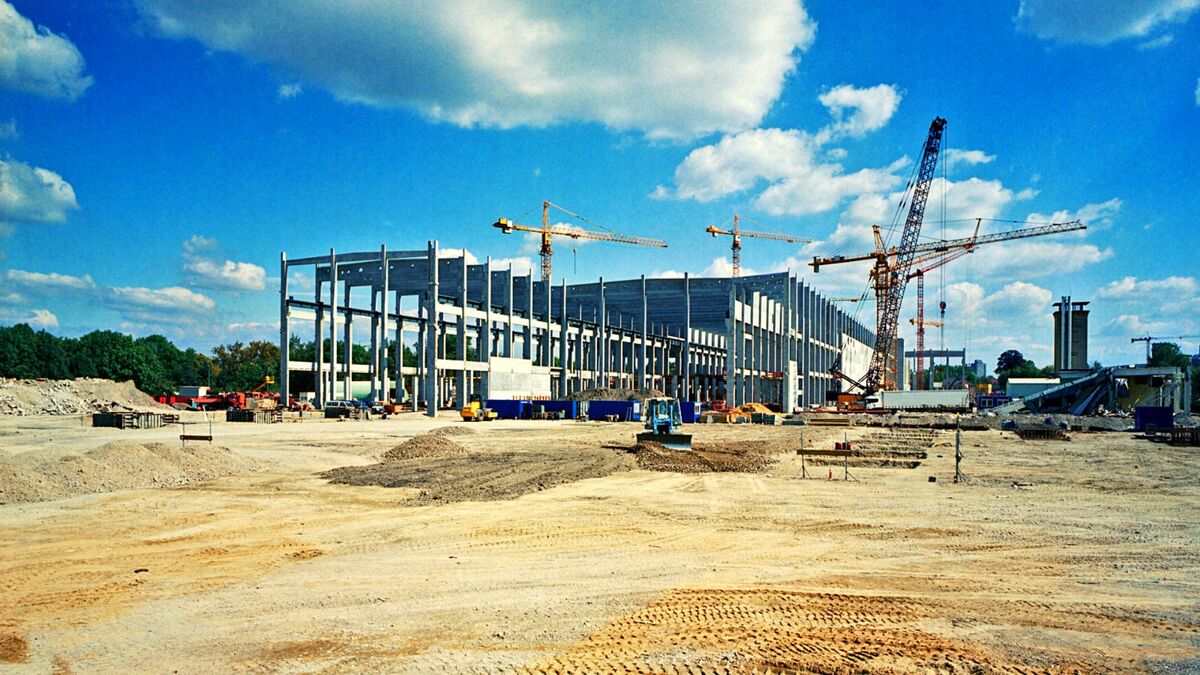

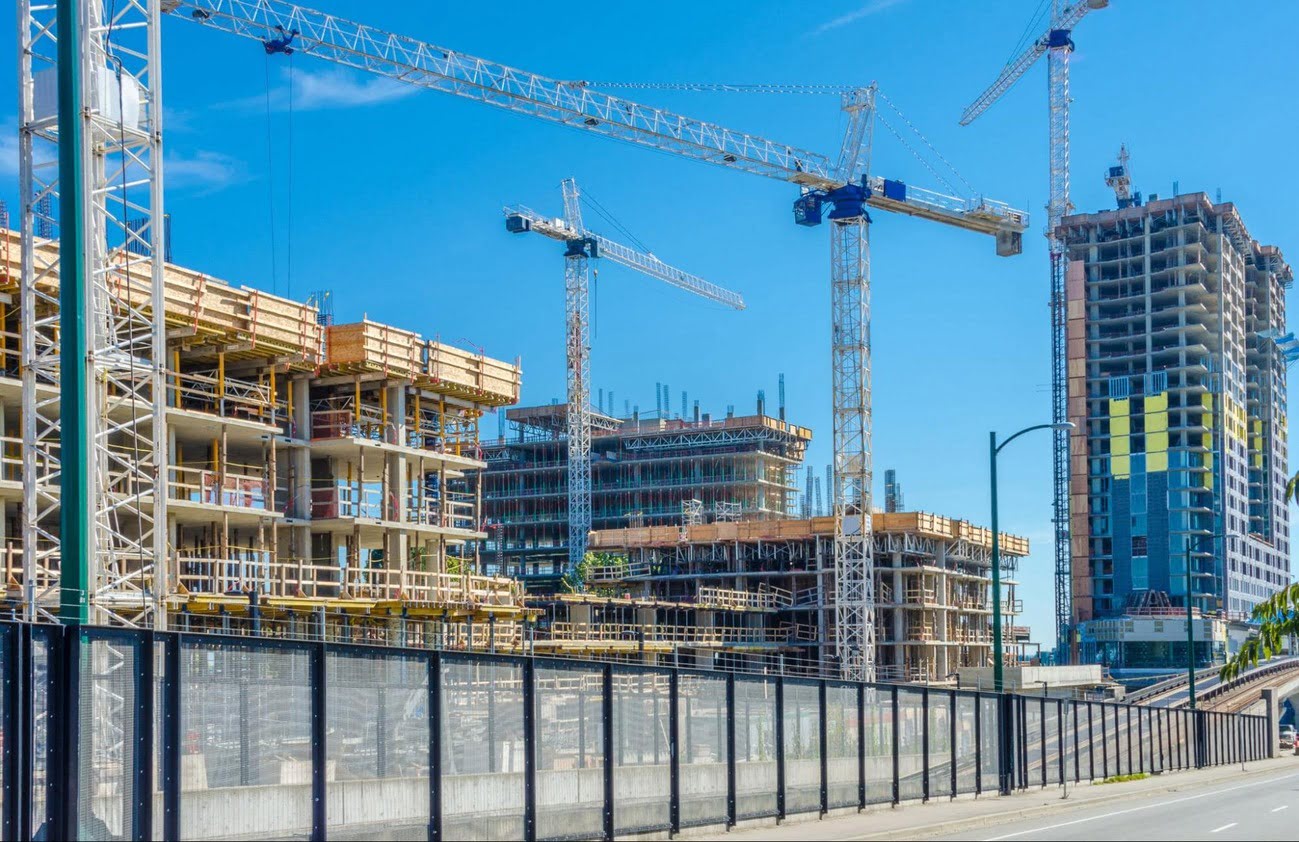
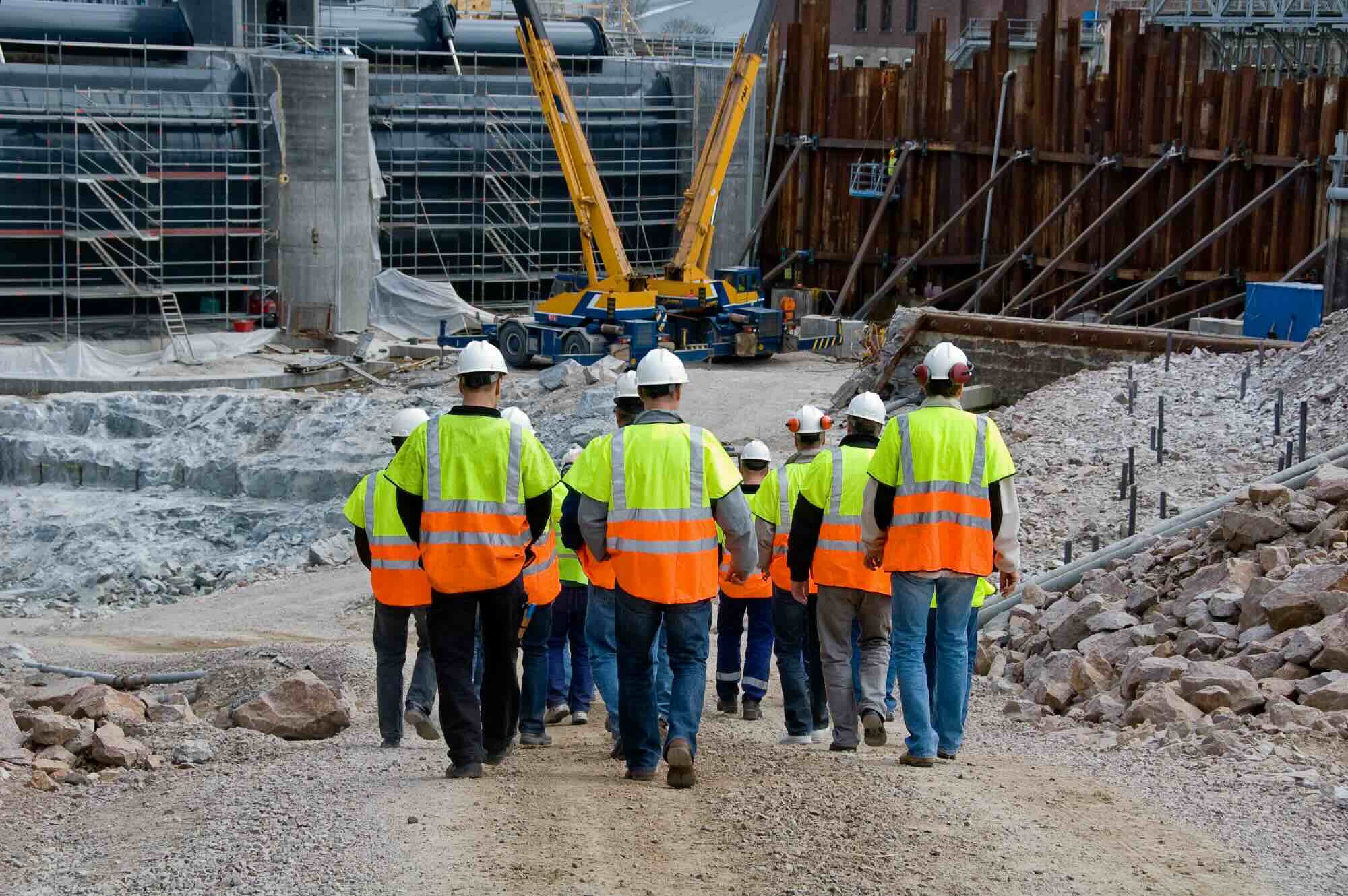
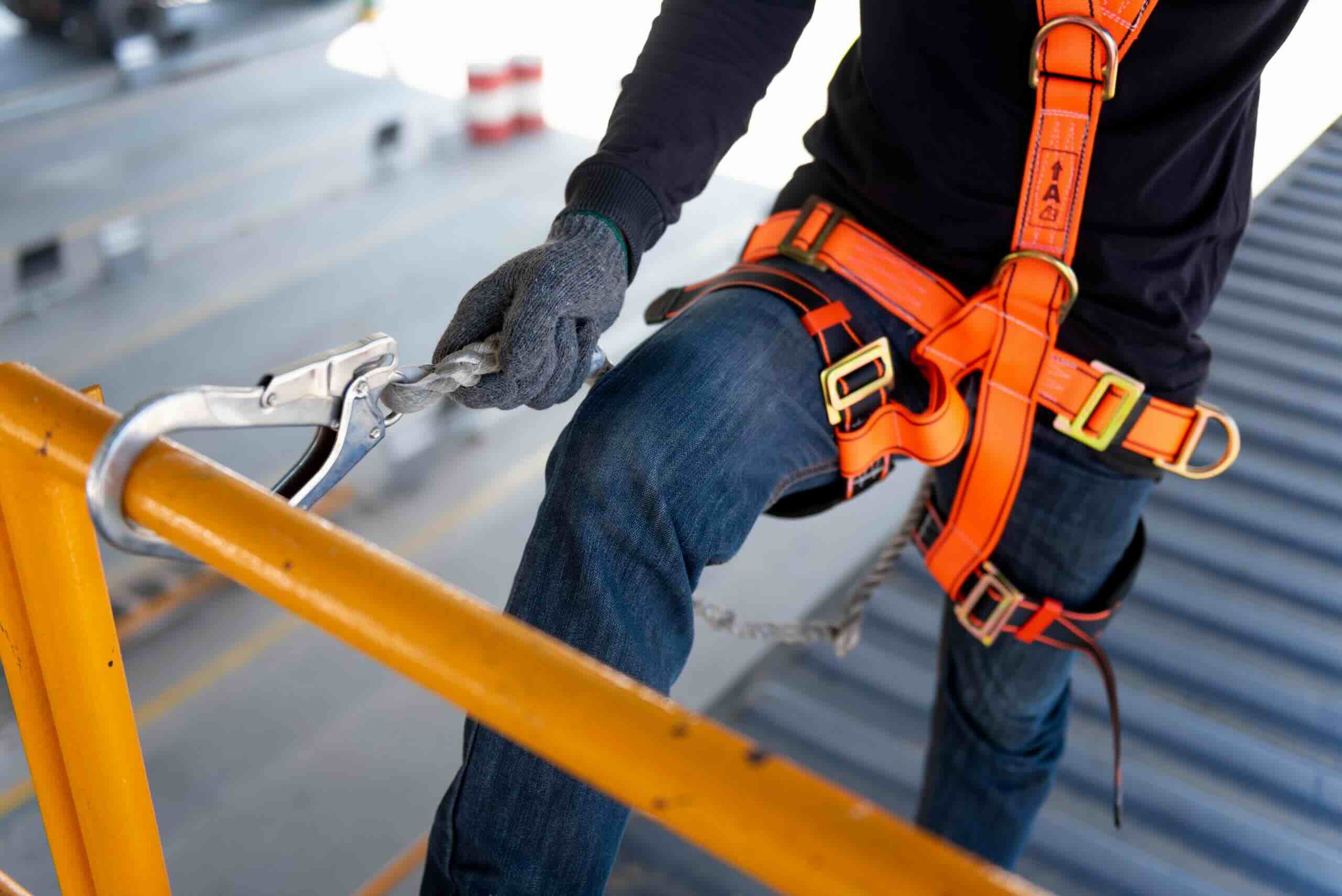
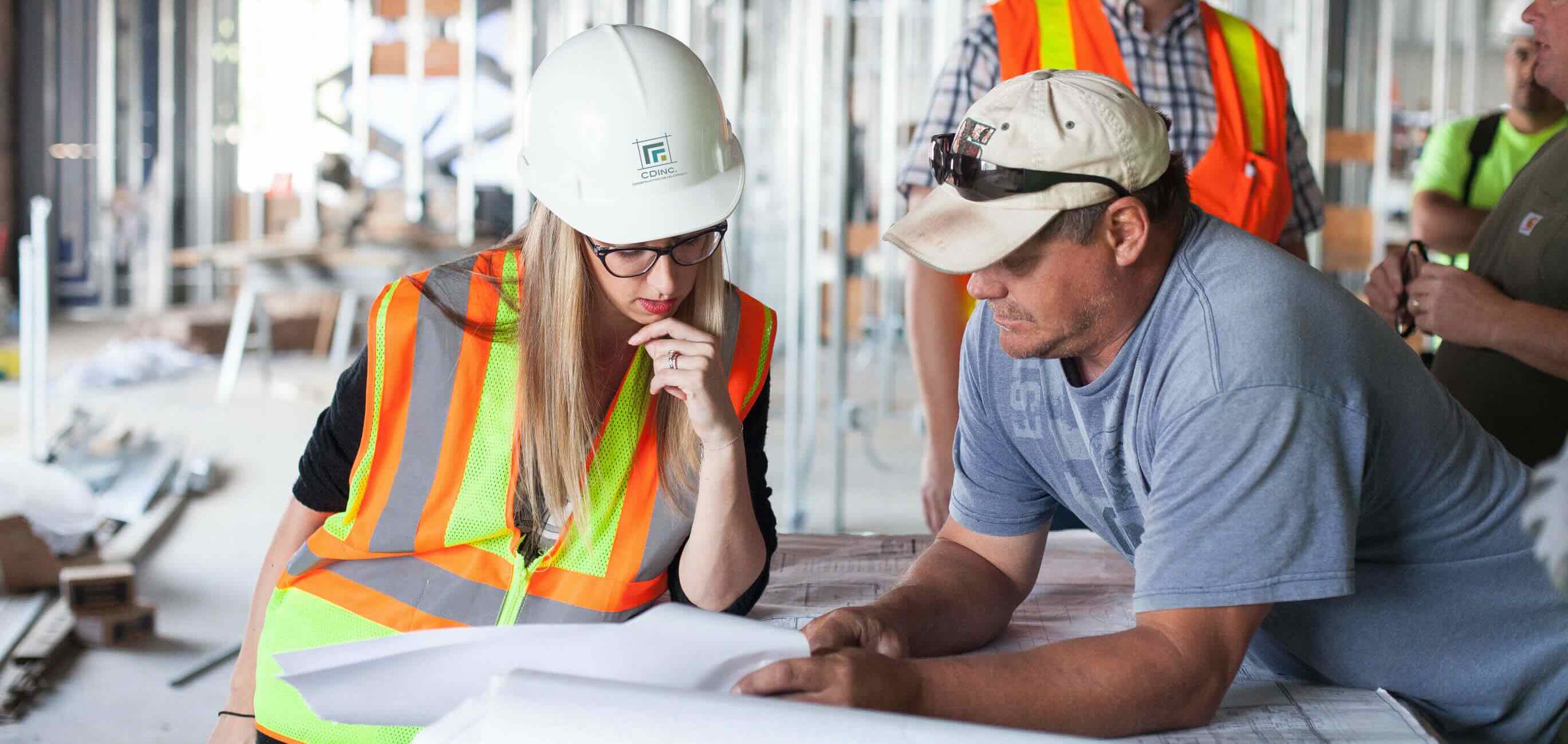

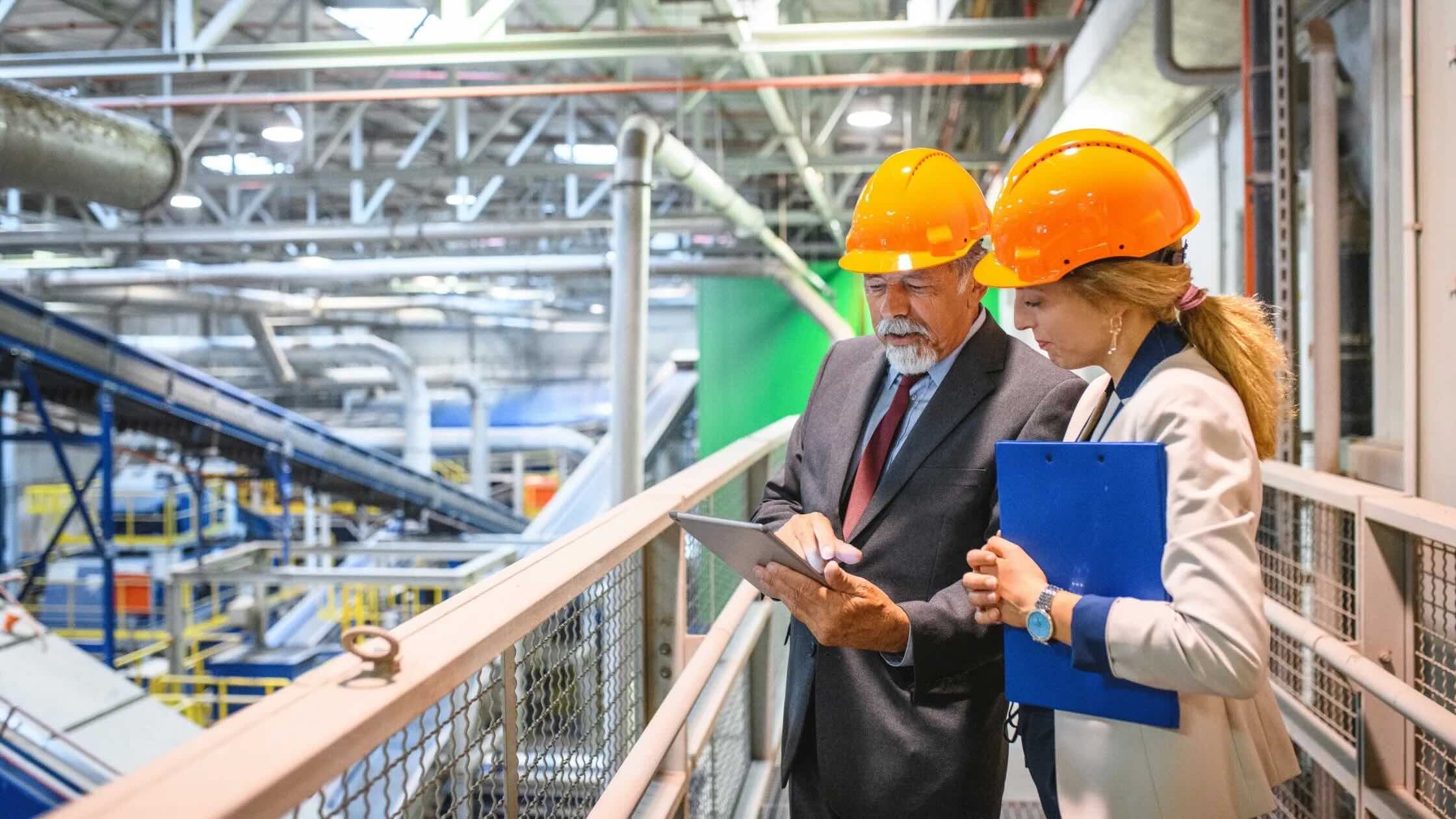
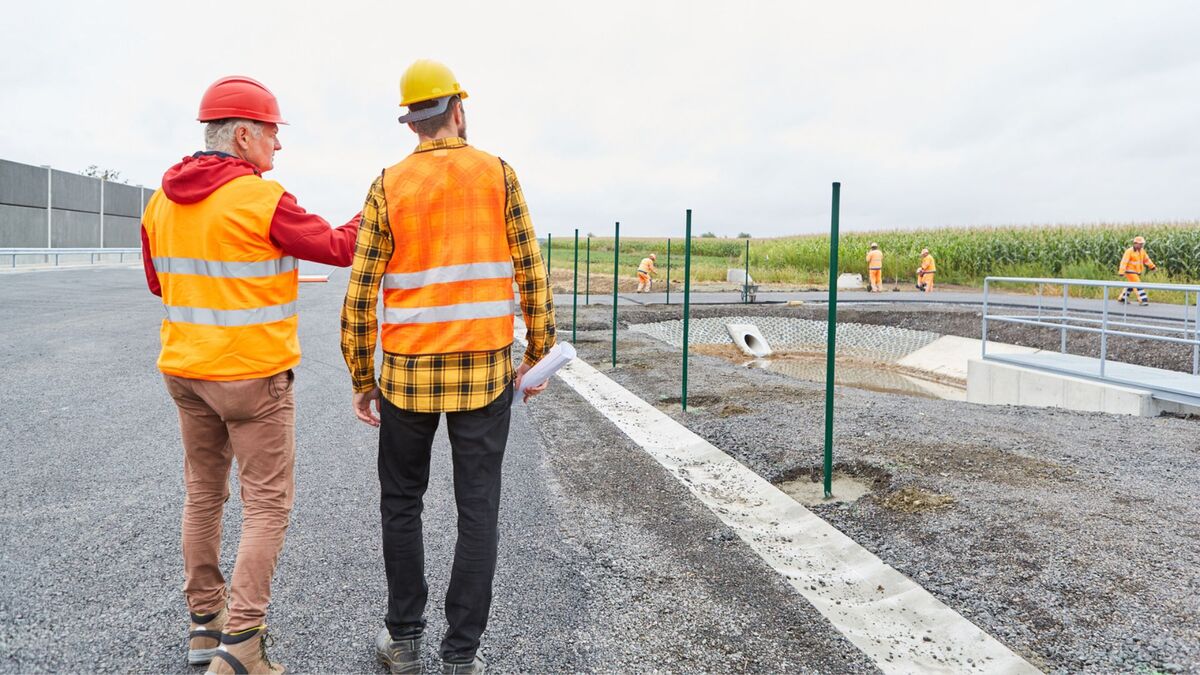
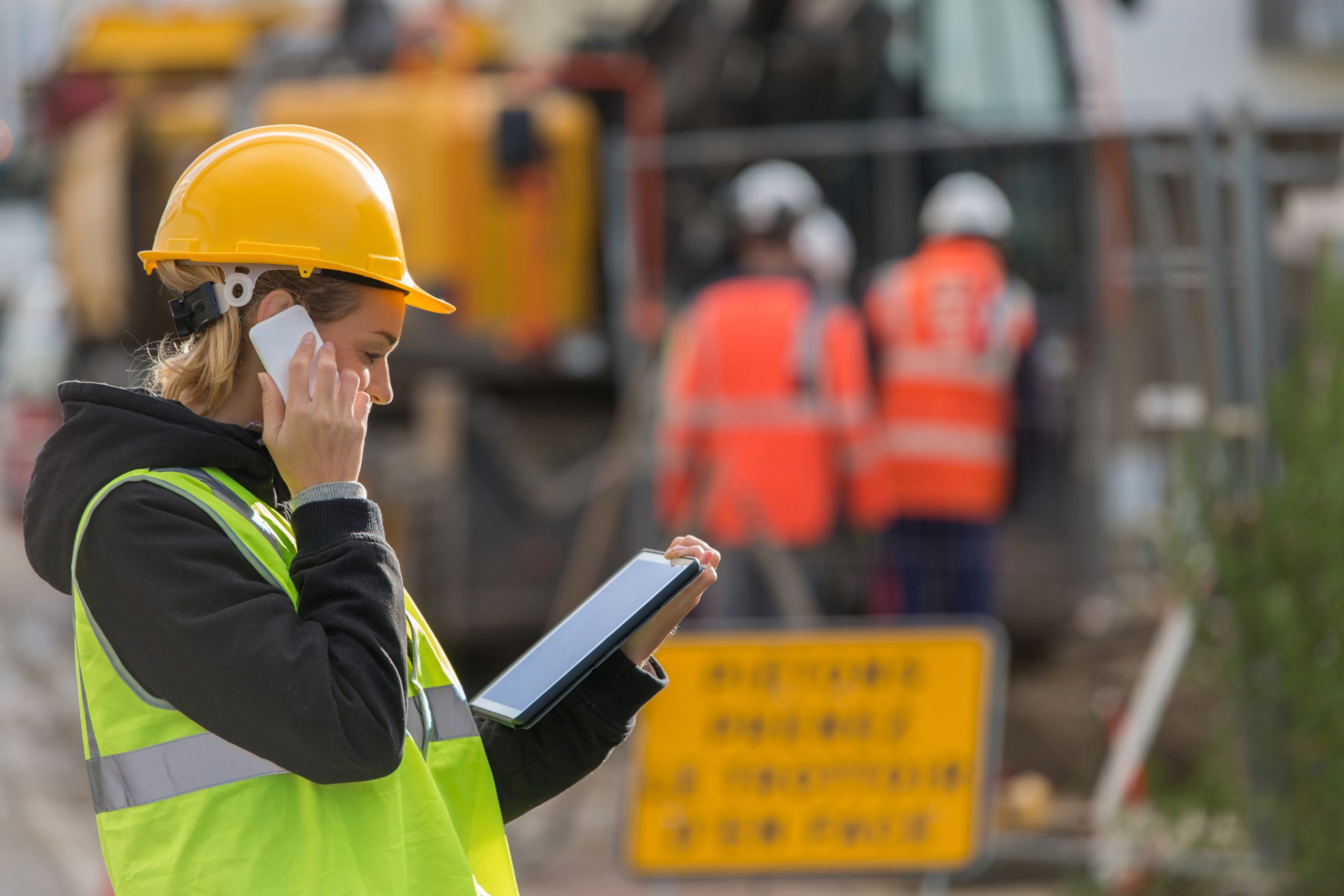

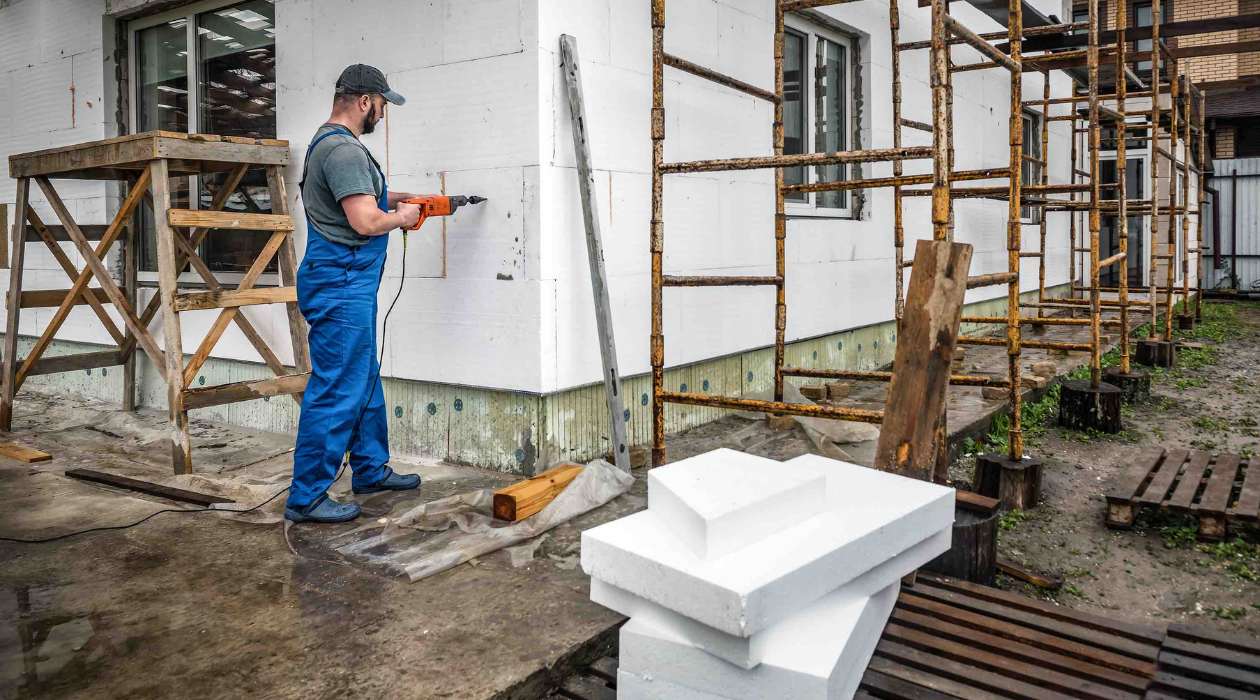
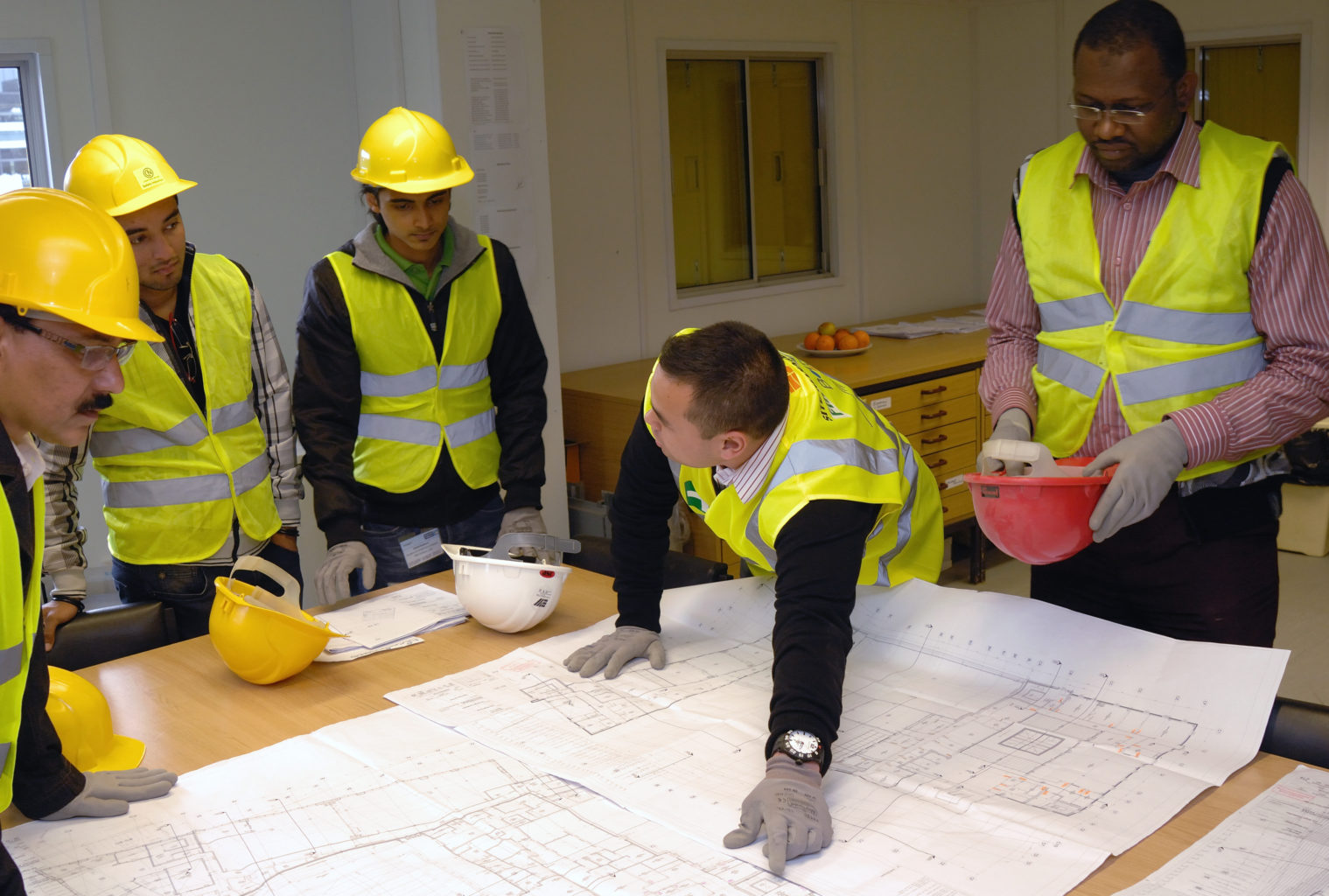


0 thoughts on “What Does A Construction Site Manager Do”